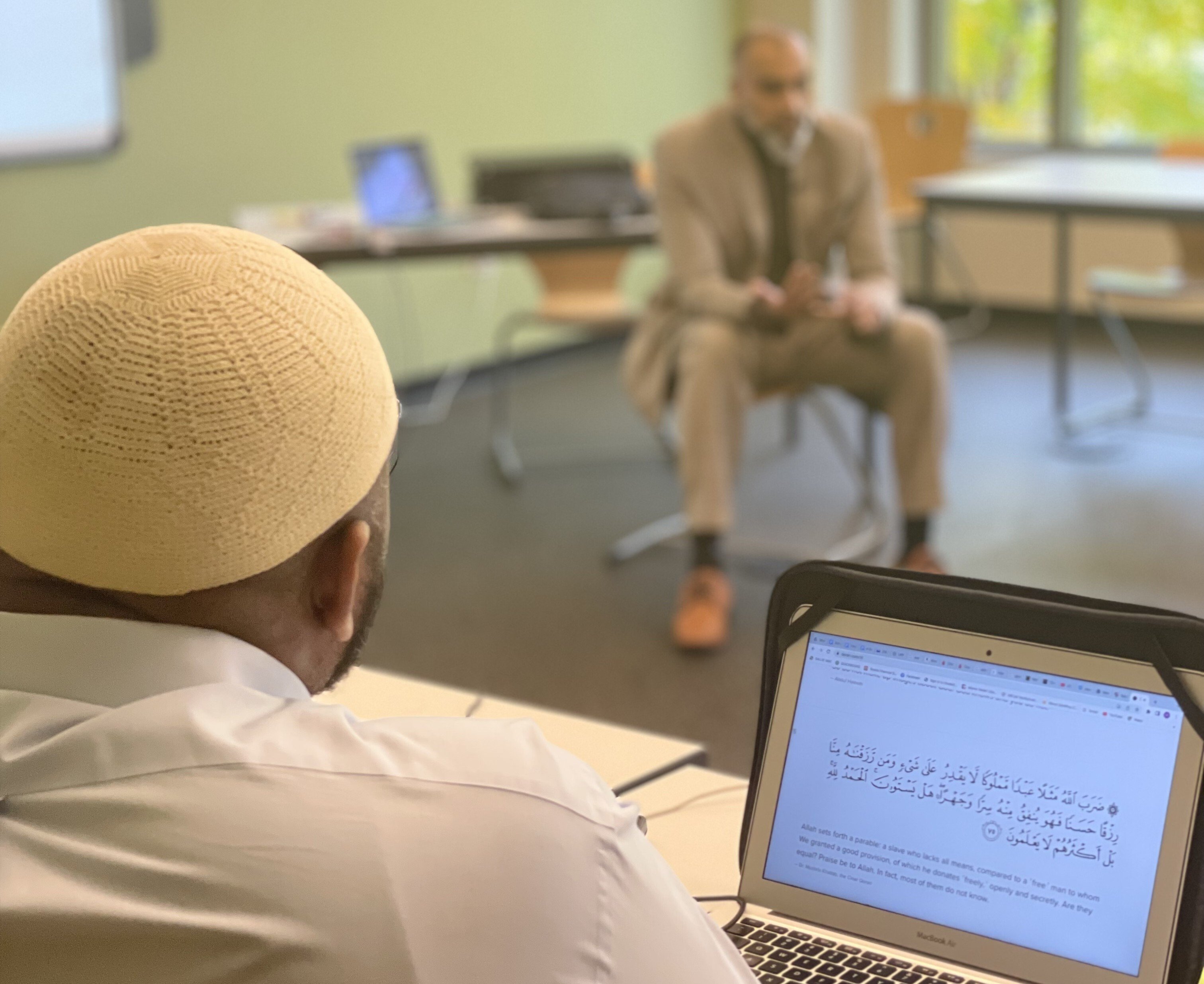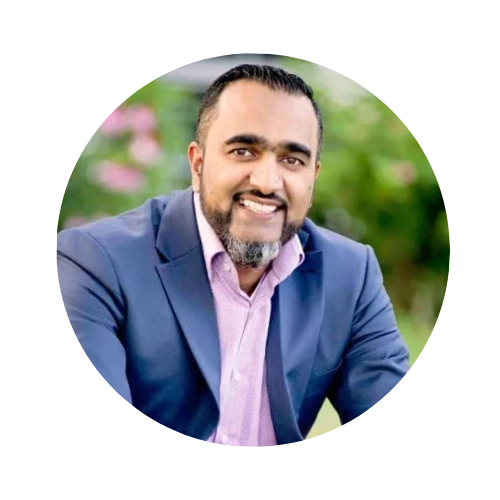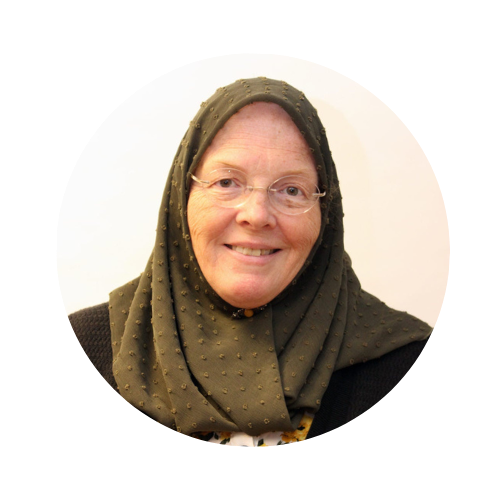Department of Islamic Education
- Home >
- About us
.jpg)
Master of Arts (M.A.) in Islamic Education
This 48-unit master’s program prepares the next generation of Muslim educators, curriculum developers, and school leaders. Drawing from both Islamic pedagogical heritage and contemporary educational research, this degree helps you revive Islamic education for the 21st century.
You will gain:
- Mastery in curriculum design, pedagogy, and classroom management
- Skills in student assessment and education technology
- The ability to design Islamic learning environments that inspire
Pre-requisite: Bachelor’s degree (any field)
About the Curriculum
The curriculum emphasizes the synergy between Islamic intellectual heritage and pedagogy. Core courses in Islamic studies provide a proper grounding in the ethos and principles that have historically underpinned Muslim education. Alongside these, students engage with courses on educational methodology, including classroom management, curriculum development, instructional technology, and student assessment, all examined through the lens of Islamic ethical and cultural considerations. For example, a student might learn to design school curricula that integrate Islamic moral values with state educational standards. Practical components, such as a supervised practicum or capstone project, allow students to apply their learning in real-world contexts—developing, for instance, an enhanced religious studies curriculum for a school or a professional development workshop for Islamic school teachers.


Who is this program for?
This M.A. program is designed for current and aspiring educators who seek to become leaders in Islamic education. Ideal candidates include teachers at Islamic schools, school administrators, and curriculum designers who want to deepen their knowledge of Islam while refining their pedagogical skills. Graduates of the M.A. in Islamic Education will be prepared to take on roles such as principals, academic coordinators, lead instructors, or educational consultants in Muslim educational institutions. They will bring to these roles a unique combination of expertise in classical Islamic knowledge and advanced competence in educational theory and practice, enabling them to foster learning environments that are academically excellent and rooted in Islamic principles.
Applicants should have a bachelor’s degree, and prior experience in teaching or educational administration is highly recommended

Habeeb Quadri

Karima Alavi

Dr. Susan Douglass
Core Courses
Islamic Rational Theology
A rigorous introduction to classical Islamic theology, this course examines Muslim credal doctrines and the framework and tools used to ground those doctrines. Topics include God, prophecy, free will, and epistemology within the Ashʿarī and Māturīdī schools, and a historical survey of theological and philosophical approaches. Students will engage primary texts and develop tools to assess foundational positions.Islamic Law & Legal Theory
Introduces the sources, principles, and methodologies of classical Islamic jurisprudence and legal theory. Students explore Sunni legal schools, interpretive approaches, and the contemporary application of Sharīʿah, gaining familiarity with key concepts and legal terminology.Qur’anic Sciences
Provides an in-depth understanding of Qur’anic sciences (ʿUlūm al-Qur’ān) including revelation, compilation, variant readings, and tafsīr. Students engage critically with traditional and modern approaches to interpretation and textual analysis, building foundational knowledge and analytical tools.Islamic History
A comprehensive survey of Islamic civilization from the Prophet’s time to the modern era. Emphasizes political, cultural, and intellectual developments, including Umayyad and Abbasid history, Ottoman expansion, and the shaping of collective memory through historiography.Paradigms of Islamic Spirituality
Explores inner purification and moral refinement through the Qur’an, hadith, and classical/post-classical Sufi texts. Students examine early and later figures such as al-Bistami, al-Qushayri, al-Ghazali, Ibn Arabi, and Rumi, as well as the evolution of Sufi guilds and their impact on personal transformation and collective ethics.Program Requirements
CONNECT WITH US
Are you ready to enroll?
Join a dynamic community of changemakers at Bayan Islamic Graduate School. Whether you're pursuing leadership in chaplaincy, education, scholarship, or public service, Bayan offers flexible, accredited graduate programs grounded in Islamic tradition and designed for modern impact. With a hybrid model ideal for working professionals, enrolling at Bayan means taking the next step in your spiritual, academic, and professional journey.
